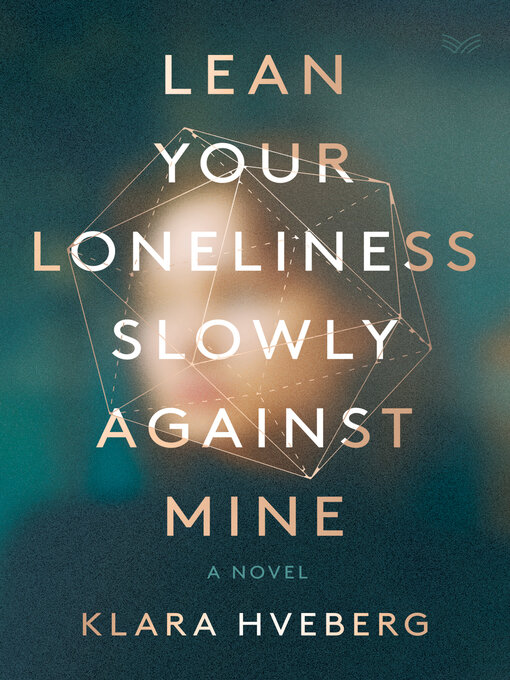LONGLISTED FOR THE PEN TRANSLATION PRIZE * A NEW YORK TIMES GLOBETROTTING PICK
A remarkable and heartbreaking debut novel with the lyrical beauty and emotional resonance of By Grand Central Station I Sat Down and Wept and the thematic complexity of Asymmetry, that combines fractal mathematics and classical music to explore the infinitely complex patterns of love and the thin border between great passion and great loneliness.
Rakel has always been more comfortable with numbers than with people. A gifted woman with a rare talent for math, she has never mastered the art of making friends. At nineteen, she moves to Oslo to attend university. There she meets Jakob, a brilliant older teacher who becomes fascinated by Rakel's quick mind.
Jakob is struck by the similarities between Rakel and Sofja Kovalevskaja, the first woman to become a professor of mathematics, and the subject of the novel he is writing. Just as Kovalevskaja was close to her much older advisor, Rakel and Jakob are drawn to each other and eventually become lovers, although he is already married.
In the years to come, Rakel's academic career soars, but her health declines, and from her bedside she spends hours imagining Sofja's life while trying to understand her own. With a gaze both naive and mercilessly sharp, she examines what may be her life's only love story, looking for patterns and answers in numbers, music, and literature.
Extraordinarily wise and penetrating, Lean Your Loneliness Slowly Against Mine explores the intricacies of the human heart, the complicated equation that is love, and the search to find meaning and connections when you need them most.
Translated from the Norwegian by Alison McCullough

